Car Import Switzerland - Guide
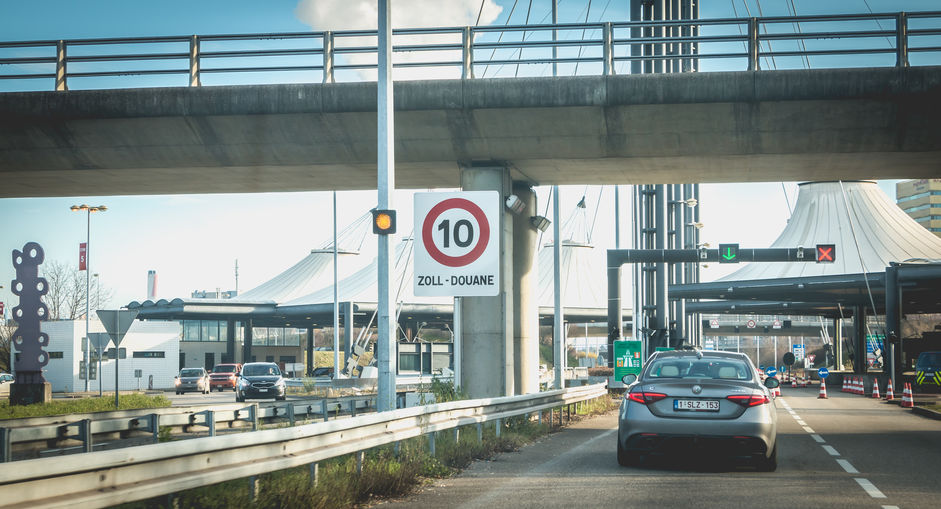
Are you planning to import a vehicle into Switzerland? This is no problem with the help of our “Auto Import Switzerland” checklist. These instructions will guide you through the import process and explain the individual points clearly. We address all the steps that need to be taken, from purchase and customs clearance to registration. With the help of this guide, you will not only learn about the individual processes, but we also have some tips on how you can save money.
(Calculation without guarantee, * = if your vehicle was manufactured in the EU, it usually requires a manufacturer’s declaration of preferential origin or a valid supplier’s declaration, otherwise customs duties will apply – a COC document or EC declaration of conformity is not sufficient for this).
Buying a vehicle abroad (preparation for importing a car in Switzerland)
There are a few things to bear in mind when buying a vehicle abroad. If you are flexible here and use the right tricks, you can save money later on. Some offers may seem lucrative at first glance, but on closer inspection you can actually import a better car for less money.
Choice of vehicle / CO2 tax
There are now many platforms on the Internet where you can find attractive offers for a new vehicle. Two platforms for used and new vehicles are www.mobile.de and www.autoscout24.de, for example, if you want to buy the vehicle in Germany. Should it be a new car or will a used vehicle do? The offers for new cars abroad are favorable. But please note: Vehicles that have been registered abroad for less than 6 months at the time of purchase are subject to CO2 tax in Switzerland. A supposed bargain can therefore turn out to be a much more expensive purchase than initially assumed once the customs clearance costs, import duties and CO2 tax have been added. Vehicles with a small engine and therefore lower CO2 emissions are usually exempt from CO2 tax. However, SUVs, sports cars and other vehicles with
many horsepower can quickly become expensive (see Federal Roads Office).
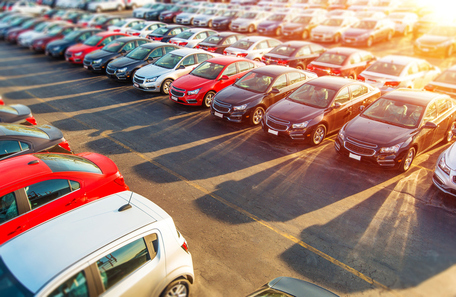
Our tip: If you want a relatively new vehicle with a large engine, make sure that the vehicle was first put on the market at least 6 months ago. This will save you money. If you still want to buy a vehicle that is subject to CO2 tax, we have a savings tip for you in section 4.2. explained. Calculate online now whether your vehicle is subject to CO2 tax: to the CO2 tax calculator
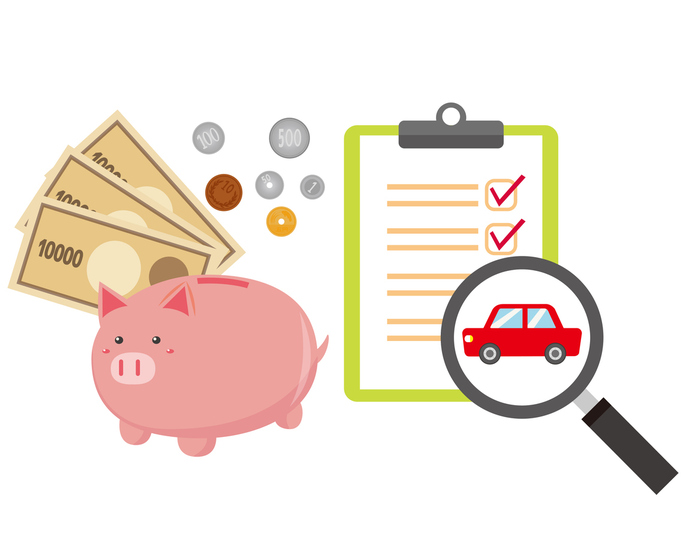
Seller’s choice / VAT refund
When you are on the move on online automobile platforms, millions of offers are waiting for you. But which seller and which offer should you choose? Does it really matter if the car is sold by a dealer or can it also be sold by a trustworthy private individual?
Yes, it matters, because you can save a lot of money here. Relatively young, used vehicles in particular are often sold by dealers who are liable for VAT. These are, for example, demonstration vehicles, rental vehicles, leasing returns, company cars, etc. If you see in the vehicle advertisement that the “VAT can be shown” or the offer “incl. VAT”, you will be asked to pay the VAT. 19% VAT”, then you can get the German tax refunded later.
So if you were to buy a car for EUR 11,000 from a private individual, you would not receive a tax refund, as you have not paid any German tax. If you were to buy the same car from a dealer liable for VAT for EUR 11,900, you would be refunded EUR 1,900. Although the car is more expensive at first glance at EUR 11,900 (incl. VAT), you are still better off overall. Please note, however, that you will not receive a VAT refund from retailers who do not (or cannot) charge VAT. This is due to the fact that this is a special case (not taxable).
By the way: The German VAT (deposit) will not be refunded to you at the border. Once the vehicle has been exported from the EU, you will receive a so-called exit note (PDF document). The German seller needs this as proof that the legal transaction was not a taxable domestic sale, but that the vehicle was exported from Germany (tax-free export delivery). This allows him to transfer back to you the previously retained deposit in the amount of the VAT. It is best to discuss this issue with the seller in advance to avoid misunderstandings and/or to stipulate in the contract that the VAT must be refunded by the retailer after export.
Exporting the vehicle (importing a car from Germany)
There are a few things to consider when preparing for the transfer so that you don’t run into any problems later during customs clearance and in the event of a police or customs inspection. If the export procedure is not handled properly under customs law, the worst-case scenario could be that the German VAT deposit is not refunded, for example.
Preparation of the export accompanying document (ABD)
Before you can import the vehicle purchased in Germany into Switzerland, you must first export the vehicle from Germany. An export accompanying document, also known as an ABD, must be created for this purpose. You can either create this yourself or have it created by a customs agency. Once export clearance has been granted by the customs office, the vehicle may be exported from Germany.
We will be happy to prepare the export accompanying document for you or for the seller, please contact us.
Export license plates and insurance
If the vehicle is to be transported on its own wheels, it must be provided with a license plate. However, it is not permitted to use a Swiss license plate. It must therefore be a special export license plate. You can obtain this for a fee directly from the registration office in Germany at the location of the seller of the vehicle. Insurance must also be taken out at the same time. This means that you and other road users are adequately protected in the event of an accident. The costs for the export license plate are approx. 20-100 EUR, depending on the registration office and insurance company.
Alternatively, the vehicle can also be transferred with the seller’s regular German license plate as long as the driver has insurance cover and you have permission from the previous vehicle owner to use their license plate temporarily.
Another alternative is to transport the vehicle without license plates and insurance, e.g. on a trailer or on a car transporter. We can take care of the vehicle transportation for you. If you would like a quote for this, please contact us.
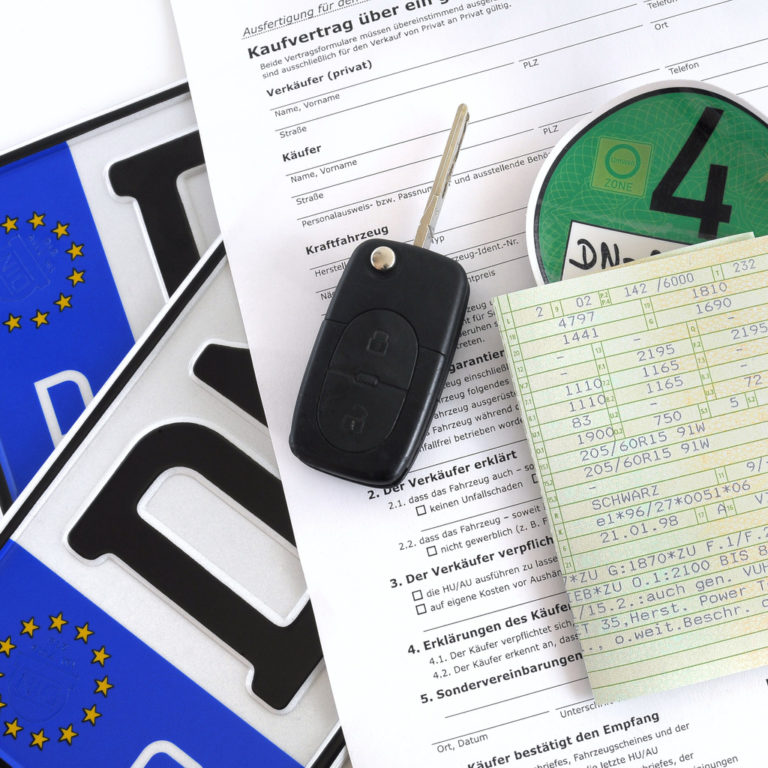
Are you interested in vehicle transportation? Calculate car transportation costs directly online live
COC / EC Certificate of Conformity
When purchasing the vehicle, you should normally receive the original COC paper from the dealer. COC stands for Certificate of Conformity = EC Certificate of Conformity. You will need this document later in order to register the vehicle in Switzerland. If the document is no longer available, you can order it directly from the manufacturer. Alternatively, it is also possible to redeem the vehicle without a COC. However, other documents and information are required for this. You can find out more about this directly from the Road Traffic Office in your canton, e.g. in this letter from the Lucerne Road Traffic Office. Please understand that we cannot reorder COC documents for you. However, you will find a number of providers offering this service via the usual search engines if you do not have a COC document. Incidentally, there is generally no COC document for vehicles built before 1993.
Importing the vehicle (Auto Import Switzerland)
When importing the vehicle, you will incur the costs of import duties on the one hand and the costs of the customs agent’s services on the other. We have compiled the formula for the calculation for you below. Alternatively, you can access our Swiss car import customs calculator here.
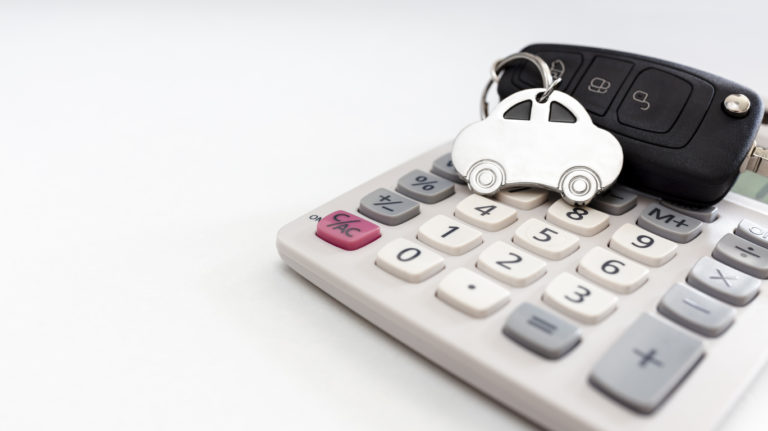
Import duty calculation – Car import Switzerland costs calculator
Depending on the vehicle, a weight duty is initially incurred. This usually amounts to CHF 12 to CHF 15 per 100 kg of vehicle weight. A smaller and therefore lighter car therefore incurs less customs duty as the weight is lower. On average, it can be assumed that around CHF 200-250 in customs duties are incurred per vehicle import.
In addition to the customs duties, 4% automobile tax is added to the value of the vehicle and the ancillary costs (freight and customs clearance costs).
With a vehicle price of EUR 9,000 = the equivalent of approx. CHF 10,000 +, for example, CHF 500 freight and customs clearance costs, CHF 10,500 at 4% automobile tax = approx. CHF 420 automobile tax. In addition, there is a fee of either CHF 7 or CHF 20 for issuing the master number. A total of 7.7% VAT is then added to the customs duties and automobile tax as well as to the vehicle value (and, if applicable, to the freight costs or customs clearance costs) and to the fees. With the above-mentioned value, this would be, for example, CHF 200 customs duties + CHF 420 automobile tax + CHF 10,000 vehicle value + CHF 300 freight and customs clearance costs + CHF 20 fees = CHF 10,940 at 7.7% VAT = CHF 842.40. The total import duties would therefore be CHF 200 + CHF 420 + CHF 842.40 + CHF 20 = CHF 1482.40
Here is another calculation example: The purchase price of a vehicle is EUR 22,000. Converted into CHF, this would be x1.1 = approx. 24,200 CHF +, for example, 500 CHF freight and customs clearance costs = 24,700 CHF. Add to this (24,700 x 4% automobile tax) 988 CHF = 25,668 CHF + approx. 200 CHF customs duties + 20 CHF fees = 25,888 CHF (VAT value). Plus 7.7% VAT on 25888 CHF customs duties and automobile tax and the vehicle value = 1993.40 CHF. The total import duties are therefore CHF 1993.40 VAT + CHF 1208 customs duty/automobile tax/fees = CHF 3201.40.
To make it easier for you to calculate the duties, you can use our free online
import duty calculator for importing cars into Switzerland
(for legal reasons: without guarantee).
In addition to all the fees, customs duties and taxes, you may also have to pay a CO2 tax (for vehicles that have been registered for less than 6 months, see one of the points above on this page. In addition, there are the service costs of the customs agency, i.e. from us.
Import customs clearance
We will gladly take care of import customs clearance for you. We use special customs software for this, which is directly linked to the customs system. If you are still not quite sure why you need a customs agent to declare to customs, you can find out everything else on our page“What is a customs agency?“
The best thing to do is to contact us for a non-binding quote for the preparation of customs documents.
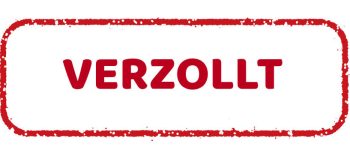
Registration of the vehicle
Before you can register / redeem the vehicle, you must have paid the import duties. You must then take out insurance for your new vehicle in advance, e.g. by telephone. As soon as this has been done, you can make an appointment with the Road Traffic Office. You will then need to present form 13.20A, which we have prepared for you with the import customs clearance. In some cases, the Road Traffic Office also requires the so-called electronic VAT/customs assessment decision. You will receive the eVV either directly at the border together with form 13.20A (if you have paid in cash or by card at the customs office) or we will send it to you by e-mail within a few days after customs clearance (e.g. if we have handled the transportation for you and the import duties have been settled via our electronic deferment account).
MFK after car import Switzerland / Redeem vehicle
In order to be able to redeem the vehicle in Switzerland, you must always have a complete acceptance test carried out by the MFK (motor vehicle inspection). Once the vehicle is roadworthy, you will usually receive the new license plates directly on site at the road traffic office.
We recommend that you always check with the Road Traffic Office in advance (before importing or purchasing a vehicle) whether the vehicle can/may be registered in Switzerland at all. In some cases, the Road Traffic Office offers you the option of submitting/uploading the documents online in advance for checking. If you have any questions about this service, please contact the cantonal road traffic office responsible for you directly.
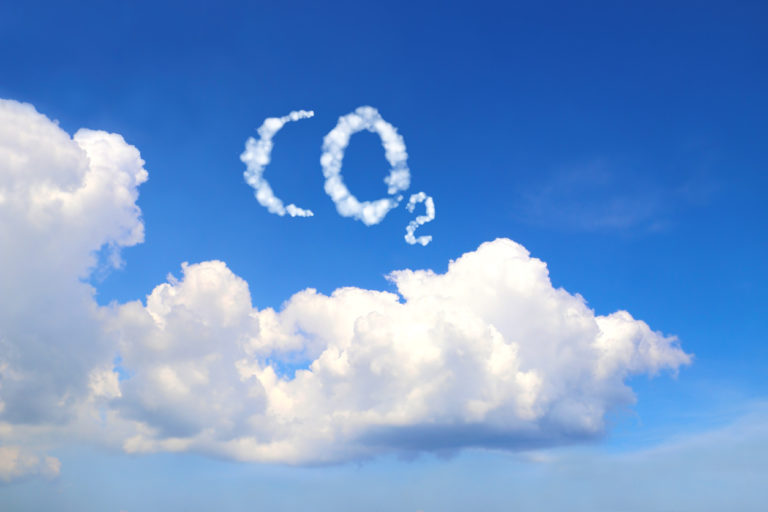
Co2 levy / savings tip
To save on CO2 taxes or to receive a premium for importing low-emission vehicles, you can contact a so-called CO2 exchange. The principle behind this is as follows: Vehicles with high pollutant emissions are subject to high CO2 taxes. At the same time, however, this can be compensated for by importing low-CO2 vehicles. A CO2 exchange will therefore request form 13.20A from you after customs clearance (proof of customs clearance). This is then sent to ASTRA. The quota is registered there.
You will therefore receive a bonus from the CO2 exchange for low-emission vehicles (for which you would not normally pay CO2 taxes anyway). The Co2 exchange can pay you for this, as it can in turn import vehicles with higher pollutant emissions at a reduced price. This also means that if you import a vehicle with high CO2 emissions, the CO2 exchange can help you to pay less tax on it. With a CO2 exchange, the quota of low-emission vehicles can in principle be purchased in order to introduce higher-emission vehicles. You can find out more on the FEDRO website:
What happens now?
After you have read the above information in our guide, you are ready to determine whether importing a vehicle from abroad is worthwhile for you and what you need to look out for. If you have decided on a vehicle, we wish you every success with your purchase. You are welcome to contact us afterwards:
Are you interested in vehicle transportation?
Calculate car transportation costs directly online live
What our customers say about our customs clearance and car transportation services (reviews from our customers at the Thayngen site):
“Import of a mini caravan from Germany to Switzerland. The customs formalities went smoothly and quickly. The communication via e-mail and telephone also worked really well. Many thanks”
- Steve C.
“I exported my car from Switzerland to Germany with PureProgress and received great support from the friendly staff at PureProgress. The answers came quickly, including detailed instructions for customs clearance. The documents were professionally prepared, making the journey through customs a breeze. I can recommend the company without reservation.“
- Corinna J.
Frequently asked questions about car import Switzerland
Below we have listed and answered the questions we are asked most frequently by telephone and e-mail. If you have any further questions, you can also contact us at any time. We will be happy to discuss your individual case with you.
What documents are required for importing a car into Switzerland?
So that we can prepare the customs documents for your vehicle, we need as much information as possible in advance by e-mail. This allows us to prepare all customs documents for you so that there are no difficulties when crossing the border. On the one hand, we need documents about the vehicle itself + the purchase or vehicle value and, on the other hand, information about the transfer. Please send us with your request, if already available:
- Scan of the German vehicle registration document and vehicle registration certificate (“Zulassungsbescheinigung Teil I” and “Zulassungsbescheinigung Teil II”)
- Scan of the invoice or purchase contract
- if available: Confirmation of payment / receipt
- if available: List of defects of the vehicle
- if available: Valuation report, e.g. EUROTAX vehicle valuation or
Alternatively, comparison offer from mobile.de on vehicle market value
In addition, we need to know when you expect to cross the border, which border you want to cross and which license plate number the vehicle will have for the transfer, if you already know this. Depending on whether you can prove the origin of the vehicle or not, we also need a valid supplier’s declaration, long-term supplier’s declaration or a manufacturer’s declaration of preferential origin.
What does customs clearance cost for car import Switzerland?
In addition to the above-mentioned import duties and the costs for transportation, registration, MFK approval and travel, there are also costs for customs clearance services. If we are allowed to import your vehicle from Germany to Switzerland, we usually charge 250 EUR / 250 CHF. This is made up of the costs for the German export documents and for the Swiss import documents (including the preparation of the so-called test report, form 13.20A).
If you import several vehicles at the same time or on a regular basis, we can accommodate you in terms of price.
Can I also give my car away to Switzerland?
You can also give your car away to Switzerland. In such a case, however, electronic customs clearance is still required. Instead of the purchase price of the vehicle, in this case the current value of the vehicle is subject to customs duty and tax. For this purpose, we recommend that you prepare a so-called EUROTAX valuation. You can create these yourself online for CHF 11(to create). The EUROTAX valuation is recognized by customs as a valuation report, provided that the information it contains is true and credible. In addition, it is advisable to draw up a list of actual defects in the vehicle. This means that the vehicle value can still be corrected downwards or, in case of doubt, proven.
What is the procedure for preparing customs documents for importing a car into Switzerland?
As a rule, our customers send us the documents available to them in advance by e-mail for further review. As much and as precise information as possible should already be provided in order to avoid delays during time-critical transfers. Once the documents have been checked and are complete + compliant, we will coordinate the next steps with you and confirm the order. You will then receive the customs documents to print out yourself or you will receive the address of our handling partner at the border of your choice. You can then collect the documents there in printed form. We also always send step-by-step instructions for the border procedure by e-mail.
How long does the on-site processing take and what is the procedure?
Depending on whether you want to print out the documents yourself or pick them up at the border, the time required will vary by a few minutes. However, depending on how busy the customs office is that day, you should usually be able to complete the entire customs clearance process within 10-50 minutes. You will receive the exact procedure as step-by-step instructions by e-mail once the documents have been completed. The procedure in brief is as follows:
- Bring original documents (vehicle registration document etc.)
- Parking at the agreed limit (truck parking lot)
- if necessary, collect documents from our office on foot
- Export of the vehicle (German customs office)
- Import of the vehicle (Switzerland customs office)
- Payment of import duties (cash desk)
- Border crossing (truck lock)
When do I have to pay the import duties and the service?
Import duties must always be paid directly to Swiss customs at the time of crossing the border. You can generally pay all duties at Swiss customs by card (credit card or EC card) without a maximum amount limit. Alternatively, payment can also be made in cash (ideally in CHF, alternatively with an unfavorable exchange rate in EUR).
Depending on the border, you can pay the costs for customs clearance by us directly on site or alternatively, after consultation, within one week of the invoice being issued (i.e. after customs clearance has been completed) by bank transfer to our German or Swiss bank account.
How much lead time is required to create the documents?
Depending on how complex your case is, it can be completed within approx. 2-3 hours. However, it would be better to send us the documents as early as possible. This gives us enough time together to request any additional documents, for example to save on customs duties. You can also save yourself waiting times at the border. Ideally, we would need all documents approx. 1 week in advance to enable smooth and fast customs clearance at the border. In addition, it may be necessary to prepare the German or EU export accompanying document at least 1-2 days in advance, as otherwise the goods or vehicle may not be exported from the EU. We would be happy to advise you on this.
My vehicle was manufactured in the EU. Do I still have to pay customs duties?
In order for a vehicle manufactured in the EU to be imported duty-free from Germany or another EU country into Switzerland, certain proof of preferential origin is required. A movement certificate EUR.1 can then be issued by us.
The EUR.1 must be notarized at the responsible German inland customs office in Germany during opening hours when the car is declared for export.
In order for the movement certificate to be certified, we need a valid supplier’s declaration or long-term supplier’s declaration stating that the vehicle is a preferential EU originating product. If it is a used vehicle, in exceptional cases (e.g. very old vehicles) the origin can also be proven with a manufacturer’s declaration from the EU manufacturer’s plant.
In addition, an export declaration must be drawn up for the exported vehicle and a copy of the vehicle registration document must be submitted to the customs office of export.
If you have any questions, please do not hesitate to contact us. Please note, however, that almost all German car manufacturers (except Mercedes-Benz) no longer issue supplier’s declarations for used passenger cars. Other vehicle brands, e.g. for commercial vehicles, would have to be checked individually.

